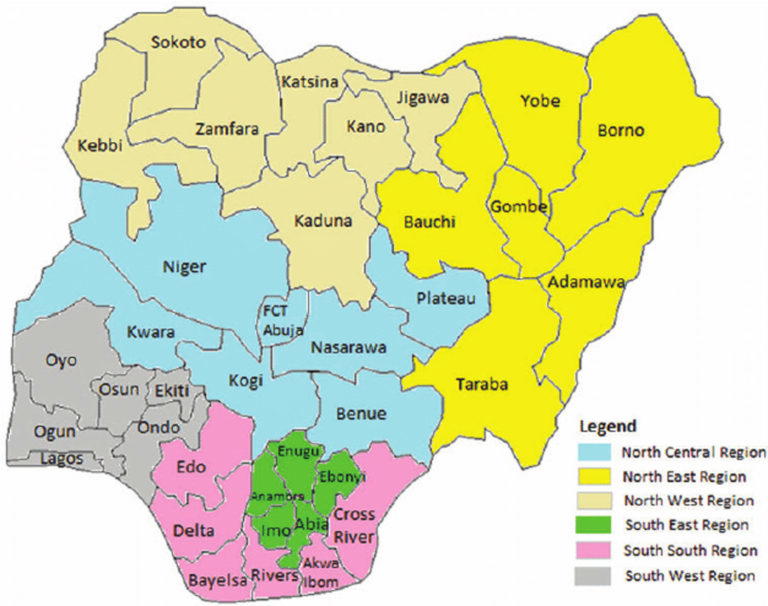
It was former President Goodluck Jonathan, among recent leaders of Nigeria, who made sincere efforts to facilitate a restructured Nigeria. In recognition of the fact that the issue was beyond elected lawmakers; that the inputs by the ethnic nationalities and leaders of thought were sine qua non, he convened the 494-member 2014 National Conference headed by the late Justice Idris Kutigi.
But Jonathan lost the opportunity to implement the report of the conference as he failed to win the 2015 presidential election. As he confessed, winning the election would have given him enough time to execute the recommendations of the conference by involving the National Assembly and state assemblies that have powers to alter the Constitution.
Some people have argued that restructuring Nigeria is a long-term endeavour that will require sustained commitment from all stakeholders. But they also agree that although it may be a long, arduous journey, it is one that is necessary for Nigeria to move towards a more equitable, inclusive and prosperous future.
To avoid taking that tortuous journey again and spending more of tax-payers money after the 2014 Conference that gulped N10 billion, suggestions have been made that the present government, if it is sincere in pursuing a restructured Nigeria, should begin the process of implementing the report of the 2014 National Conference.
In fact, those who have studied the report say that the 2014 National Conference proferred solutions to Nigeria’s problems. Others bluntly insist that without implementing the 2014 National Conference report, Nigeria is going nowhere!
Given that government is a continuum, we agree with the suggestion that the present government should continue from where the Jonathan administration stopped in its effort to restructure Nigeria.
The biggest obstacle to a restructured Nigeria are those who see the whole of Southern Nigeria, and in recent times, the entire Middle Belt, as their conquered territory, and therefore should never be allowed to be free.
The fear of granting autonomy to states or regions is rooted in crude oil domiciled in the South. The thinking is that resource control, which is one of the the kernels of restructuring, will take the bulk of the proceeds of crude oil away from those few opponents of restructuring.
But if we may ask: Is crude oil the only resource with which Nigeria is endowed? Is the rich arable landmass of Northern Nigeria that produces groundnut and many other agricultural produce not a resource? What is happening to the gold in Zamfara? What about the human resources that nature has more evenly distributed across Nigeria?
Unfortunately, what those crude-oil-inspired virulent opponents of restructuring probably do not know is that in this era of renewable energy revolution, the above-mentioned resources are more sustainable than crude oil.
However, beyond the politics of resource control, those few leaders that see Nigeria as their exclusive preserve and whose resources they must eternally control need to listen to the words of the late Maitama Sule: “Power will not remain in the hands of a believer if he is unfair and unjust. Behind every crisis anywhere in the world is injustice and the solution to that crisis is justice. The world itself can never be governed by force, never by fear, even never by power.”
Whatever needs to be done along the line of restructuring Nigeria, this is the time to do it. For all of us, and the long-time advocates of restructuring who are now in power, this is our chance!

Comments
Post a Comment